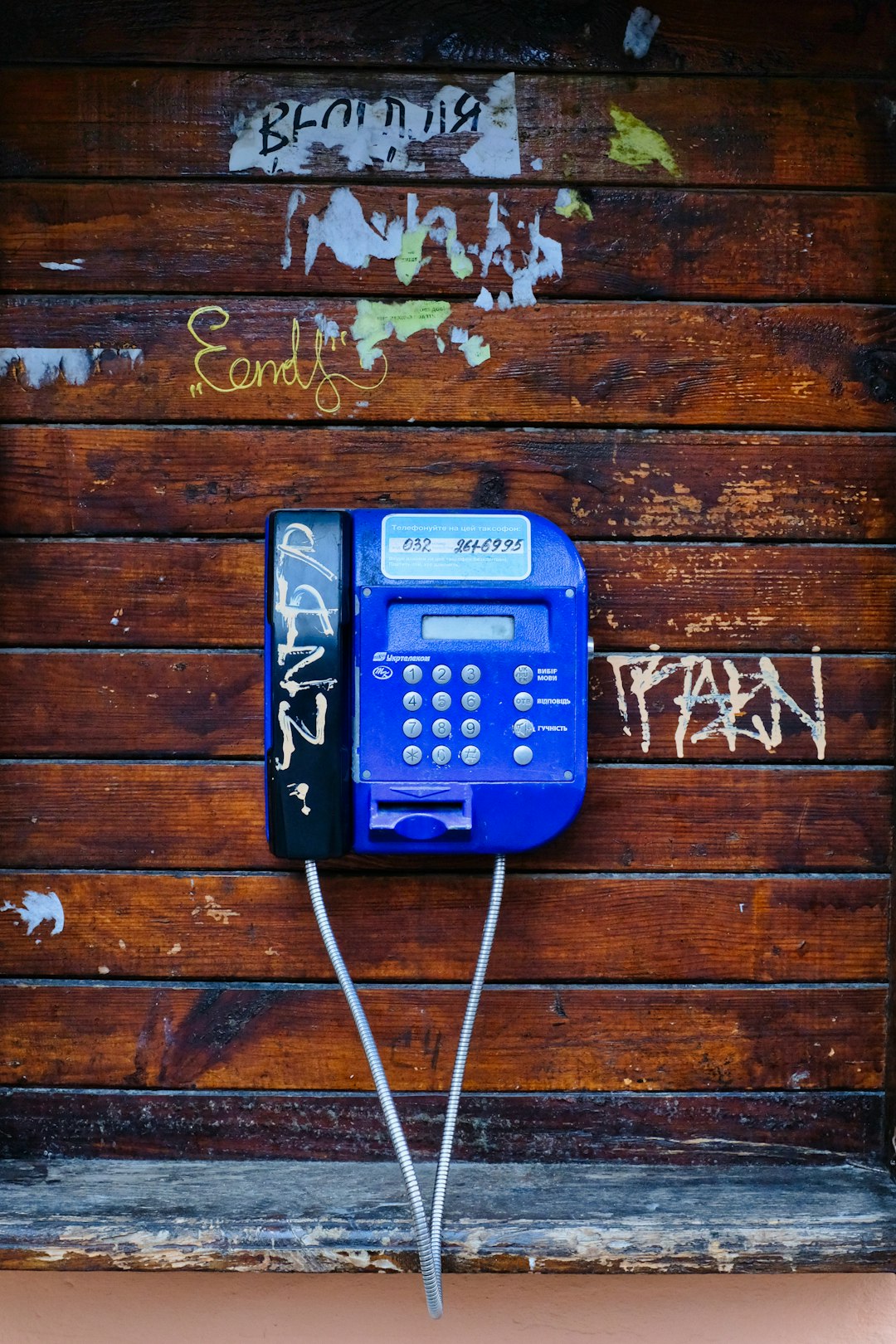In Wisconsin, the Department of Agriculture, Trade, and Consumer Protection (DATCP) aggressively enforces anti-spam laws through a dedicated Spam Call law firm, addressing issues like unsolicited bulk texting, missing opt-out options, and deceptive marketing. Violations can result in significant fines up to $10,000 per offense and potential business suspensions for repeat offenders. Consumers experiencing spam calls can report them to DATCP, and they may seek compensation from Spam Call law firms specializing in representing victims of unauthorized text campaigns.
In Wisconsin, the Department of Agriculture, Trade, and Consumer Protection (DATCP) plays a pivotal role in enforcing strict spam call laws to protect residents from unwanted text messages. This comprehensive guide explores Wisconsin’s spam call regulations, highlighting the DATCP’s mandate and strategies to combat these violations. We delve into common infractions, their penalties, and the legal options available to victims. If you’ve received spam text messages, understanding your rights under Wisconsin’s Spam Call law firm can be empowering.
Understanding Wisconsin's Spam Call Laws: A Comprehensive Overview

In Wisconsin, the Department of Agriculture, Trade and Consumer Protection (DATCP) is tasked with enforcing laws aimed at combating spam text messages. The state’s Spam Call law firm plays a crucial role in ensuring that businesses and individuals adhere to strict regulations designed to protect consumers from unsolicited and disturbing texts. These laws are comprehensive, addressing issues like consent, opt-out mechanisms, and the consequences of non-compliance.
Wisconsin’s approach to spam calls is rigorous, with penalties for violations ranging from consumer education and warnings to significant fines. The DATCP offers guidance and resources to help businesses comply, including best practices for marketing texts and clear instructions on how consumers can register complaints. Understanding these laws is essential for any entity engaging in text messaging activities within the state, as non-compliance can lead to legal repercussions and damage to one’s reputation.
The Role of DATCP in Enforcing Anti-Spam Measures

The Department of Agriculture, Trade, and Consumer Protection (DATCP) plays a pivotal role in enforcing anti-spam measures in Wisconsin. With the increasing prevalence of unwanted spam calls and text messages, DATCP has been tasked with safeguarding consumers from these intrusive and often fraudulent activities. They do this by investigating complaints, conducting regular audits, and working closely with law enforcement to identify and penalize offenders under the state’s strict Spam Call law firm Wisconsin regulations.
Through its enforcement powers, DATCP not only protects residents from spam but also serves as a deterrent for potential violators. By swiftly addressing cases of non-consensual communication and financial misrepresentations, they ensure that businesses adhere to ethical marketing practices. This proactive approach contributes significantly to maintaining a peaceful and respectful consumer environment in Wisconsin.
Common Violations and Their Consequences

In Wisconsin, the Department of Agriculture, Trade and Consumer Protection (DATCP) strictly enforces spam text violations to protect consumers from unwanted and fraudulent messages. Common violations include sending unsolicited bulk texts, failing to provide an opt-out option, and using deceptive language or false pretexts in marketing campaigns. Companies found guilty of these offenses can face significant penalties, including fines up to $10,000 per violation under the state’s Spam Call law firm Wisconsin regulations.
The consequences for repeated or egregious violations can be even more severe. DATCP has the authority to issue cease-and-desist orders, temporarily or permanently suspend business operations, and require compensatory damages for affected consumers. To mitigate these risks, businesses engaging in text marketing must ensure strict compliance with state laws, implement robust opt-out mechanisms, and maintain transparent communication practices to avoid becoming a target of DATCP enforcement actions.
Legal Recourse for Victims of Spam Text Messages in Wisconsin

If you’ve received spam text messages in Wisconsin, you may be wondering what legal options are available to protect yourself. Thankfully, Wisconsin has a strict Spam Call law in place to combat unwanted and fraudulent text messages. This state law provides significant recourse for victims of spam text campaigns.
Victims can take action by reporting the spam calls to the Wisconsin Department of Agriculture, Trade, and Consumer Protection (DATCP). The DATCP investigates complaints and can take legal action against perpetrators. Moreover, individuals who have suffered financial loss due to spam texts may be eligible to seek compensation through a spam call law firm in Wisconsin. These firms specialize in representing clients affected by unauthorized text message campaigns, helping them recover damages and hold spammers accountable.






